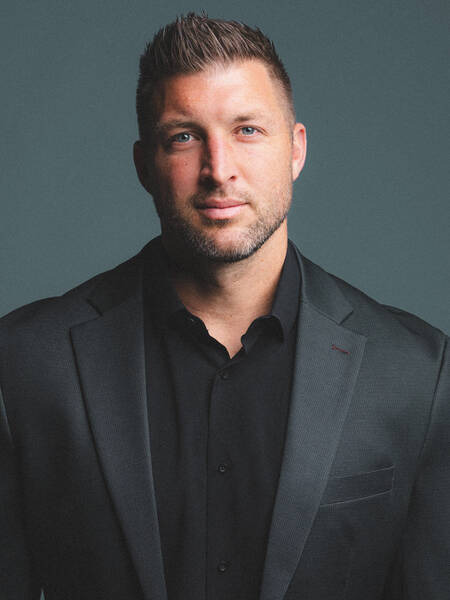The Theatrical Musical about Assisted Suicide

A Lesson on Impacting Culture through Entertainment

One of the reasons the Christian community continues to be marginalized in the culture is that we’re not engaging well in the area of arts and entertainment. We prefer to hold debates, apologetics conferences, create media for Christians, and other in-house projects that may be good, but only reach a small minority of people. Meanwhile, secular prime time TV, feature films, Broadway shows, and other projects too often ridicule or drown out Christian perspectives.
But now, enter the musical for the London stage called: “Assisted Suicide: The Musical.” It’s getting rave reviews and standing ovations, despite it’s dark theme. And before you assume it’s critical of the pro-life perspective, listen up: The creator of the musical – Liz Carr – suffers from a genetic disorder that prevents her from extending her muscles, as well as other limitations. But in spite of her physical challenges, she became so frustrated with the culture’s aggressive attitude promoting assisted suicide, she decided to write a musical to offer another perspective.
Interviewed in the Wall Street Journal, Ms. Carr mocked all the cliches you find on typical documentary films pushing the assisted suicide agenda: “Music is always used very manipulatively. The music feeds the emotional journey. It tells you, ‘This is a tragedy. This has one way to go.’ The aim is to normalize a choice that was unthinkable a generation ago, with the result that people like her are impelled to conclude: “You know what, my life isn’t worth living.”
So rather than host a debate, write an article, or go on the speaking circuit, she decided to create a musical that exposed the hypocrisy and tragedy of the assisted suicide movement. She particularly pushes back against the idea of “death with dignity,” because it’s just not all that dignified. The Journal reports a doctor at a Dutch nursing home last year asked family members to hold an octogenarian patient down while she administered the lethal dose. The patient had signed up for assisted suicide earlier, but she woke up during the procedure and began resisting. Authorities in January cleared the physician of any wrongdoing after concluding that she had acted “in good faith.”
Liz Carr isn’t a Christian, but her decision to engage the debate in the arena of popular culture is something Christians could learn from. On this particular issue, “Euthanasia will likely be on the legislative agenda in Australia, Finland, Portugal and Sweden this year. In jurisdictions where medically assisted suicide is already permitted—Belgium, Canada, Germany, Luxembourg, the Netherlands, Switzerland and six U.S. states among them—the definition of who qualifies keeps expanding.”
The Journal continues: “Holland and Belgium have the world’s most permissive laws. In November, a doctor in the Netherlands euthanized a 41-year-old father of two who had struggled with alcoholism; the Dutch government is considering a draft law to legalize euthanasia for perfectly healthy people who hold “a well-considered opinion that their life is complete.” Belgium in 2014 removed the minimum age for euthanasia, and in September a terminally ill 17-year-old became the first minor to take advantage of the change. Both countries routinely euthanize patients with dementia and depression.”
Living in today’s culture of death, Liz Carr has taken the discussion about life to an arena where thousands are watching her story and applauding. She’s engaging the debate in an entertaining, winsome, and even humorous way that takes audiences by surprise – and the critics love it.
If Christians became patrons of the arts and focused on raising up the next generation of theatrical, artistic, musical, filmmaking, and other creative leaders, who knows what impact we could make on this and other issues facing the culture today?









